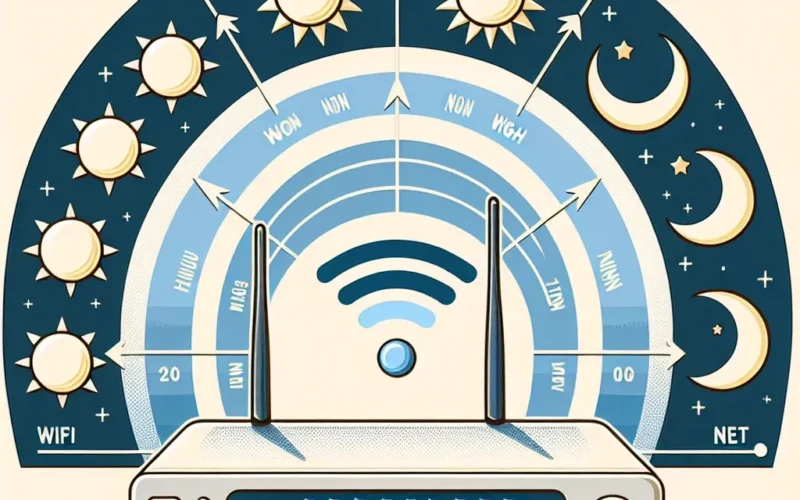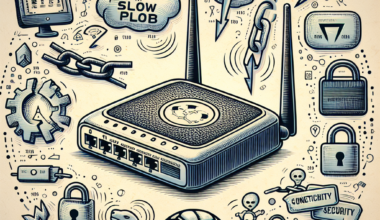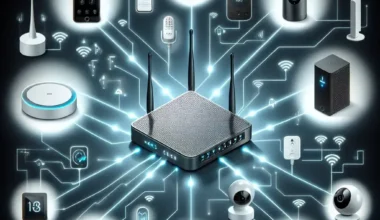Introduction
Experiencing intermittent WiFi signal drops can be frustrating, especially when it occurs at certain times of the day. This article delves into the common reasons for this phenomenon, as well as offers practical solutions to ensure a stable connection.
Reasons for WiFi Signal Drops
Network Congestion
Network congestion occurs when too many devices are connected to the WiFi network simultaneously, putting a strain on the router’s bandwidth.
| Time of Day | Common Causes |
|---|---|
| Early Morning | Smart home devices perform updates |
| Afternoon | Increased usage by home-office workers |
| Evening | High traffic from streaming and gaming |
Interference from Other Devices
Other electronic devices such as microwaves, cordless phones, and baby monitors can interfere with your WiFi signal, especially if they operate on the same frequency (2.4 GHz).
ISP Throttling
Internet Service Providers (ISPs) may throttle bandwidth during peak usage times to manage traffic on their networks.
Router Placement
The location of your router can significantly impact the signal strength. Routers placed within enclosed spaces or far from the connected devices may experience weaker signal strength.
Firmware and Hardware Issues
Outdated firmware or hardware can cause performance degradation, leading to signal drops at various times.
Solutions to WiFi Signal Drops
Optimize Router Placement
- Place the router in a central location within your home.
- Avoid placing the router near thick walls or metal objects.
- Elevate the router to enhance signal distribution.
Upgrade Router Firmware
Ensure your router’s firmware is up-to-date to improve performance and security.
Change WiFi Channels and Bands
- Switch to a less congested WiFi channel using your router’s settings.
- Utilize the 5 GHz band, which typically experiences less interference than the 2.4 GHz band.
Reduce Interference
- Keep the router away from other electronic devices that may cause interference.
- Consider using a dual-band router to mitigate interference issues.
Utilize QoS Settings
Quality of Service (QoS) settings can prioritize traffic for essential services such as video conferencing and online gaming.
Conclusion
Understanding the reasons behind WiFi signal drops and implementing the suggested solutions can help maintain a reliable connection. Regularly updating your router’s firmware and optimizing placement are key steps in ensuring consistent WiFi performance.






